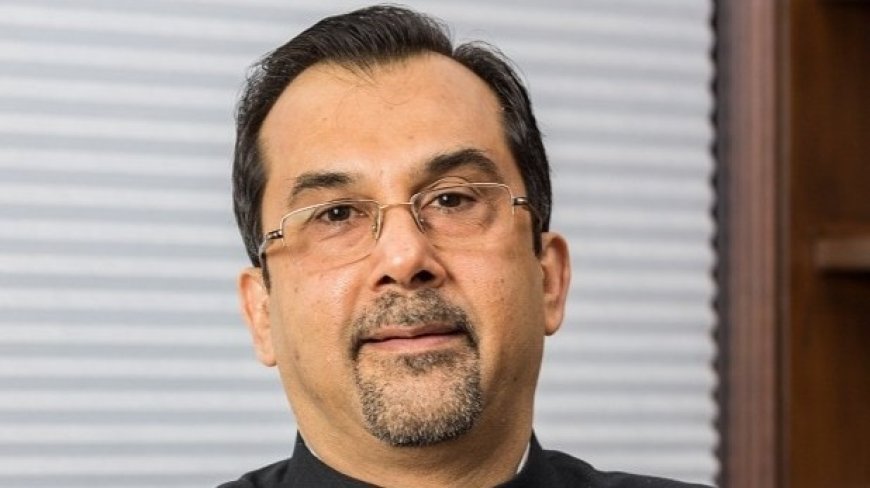'We wouldn't do that': ITC chief Sanjiv Puri shares view on 90-hour workweek
We wouldnt do that ITC chief Sanjiv Puri shares view on hour workweek

'We wouldn't do that': ITC chief Sanjiv Puri shares view on 90-hour workweek
In a recent statement, Sanjiv Puri, the chairman of ITC Limited, addressed the growing conversation surrounding the controversial concept of a 90-hour workweek. Puri emphasized that such an extensive work schedule is not only impractical but could also harm employee productivity and well-being. As companies around the globe rethink their work structures in response to evolving employee expectations and a focus on work-life balance, Puri's perspective sheds light on a responsible corporate approach.
Understanding the Implications of a 90-Hour Workweek
The idea of a 90-hour workweek has sparked debates among executives and employees alike. Critics argue that extended hours could lead to burnout, diminish creativity, and reduce overall performance. Puri articulated that the physical and mental health of employees should remain a priority. “We wouldn't do that,” he stated firmly, highlighting ITC's commitment to fostering a sustainable work environment. This approach echoes the sentiments of many modern businesses aiming to improve employee satisfaction and retention.
The Importance of Work-Life Balance
Balancing professional and personal life is crucial in today's fast-paced business world. ITC has consistently focused on creating a work environment that promotes mental health and encourages employees to perform at their best without compromising their personal lives. This shift towards valuing employee well-being can be seen as a reflection of changing workplace dynamics and employee expectations across various sectors.
Corporate Responsibility and Employee Welfare
Puri’s insights align ITC with a more progressive view on corporate responsibility. Companies that prioritize their employees’ welfare often see lower turnover rates and higher job satisfaction, contributing to a more stable workforce. “A motivated workforce is the backbone of any successful enterprise,” Puri noted, reinforcing the importance of treating employees well.
Future Trends in Employment Practices
As discussions around flexible working hours and remote work continue to evolve, the stance taken by ITC could influence other corporations to reconsider their work policies. Whether it’s a 4-day workweek or flexible hours, the goal remains the same: fostering an environment where employees can thrive. For further updates on corporate trends and employee well-being, stay tuned to dharmyuddh.com.
In conclusion, Sanjiv Puri's firm stance against a 90-hour workweek signifies a pivotal shift in how we view work-life balance in corporate culture. By prioritizing employee welfare, ITC sets a precedent for other organizations to follow suit. Keywords: ITC chief Sanjiv Puri, 90-hour workweek, employee productivity, work-life balance, corporate responsibility, workplace dynamics, flexible working hours, employee welfare, mental health in the workplace, sustainable work environment, dharmyuddh news.







